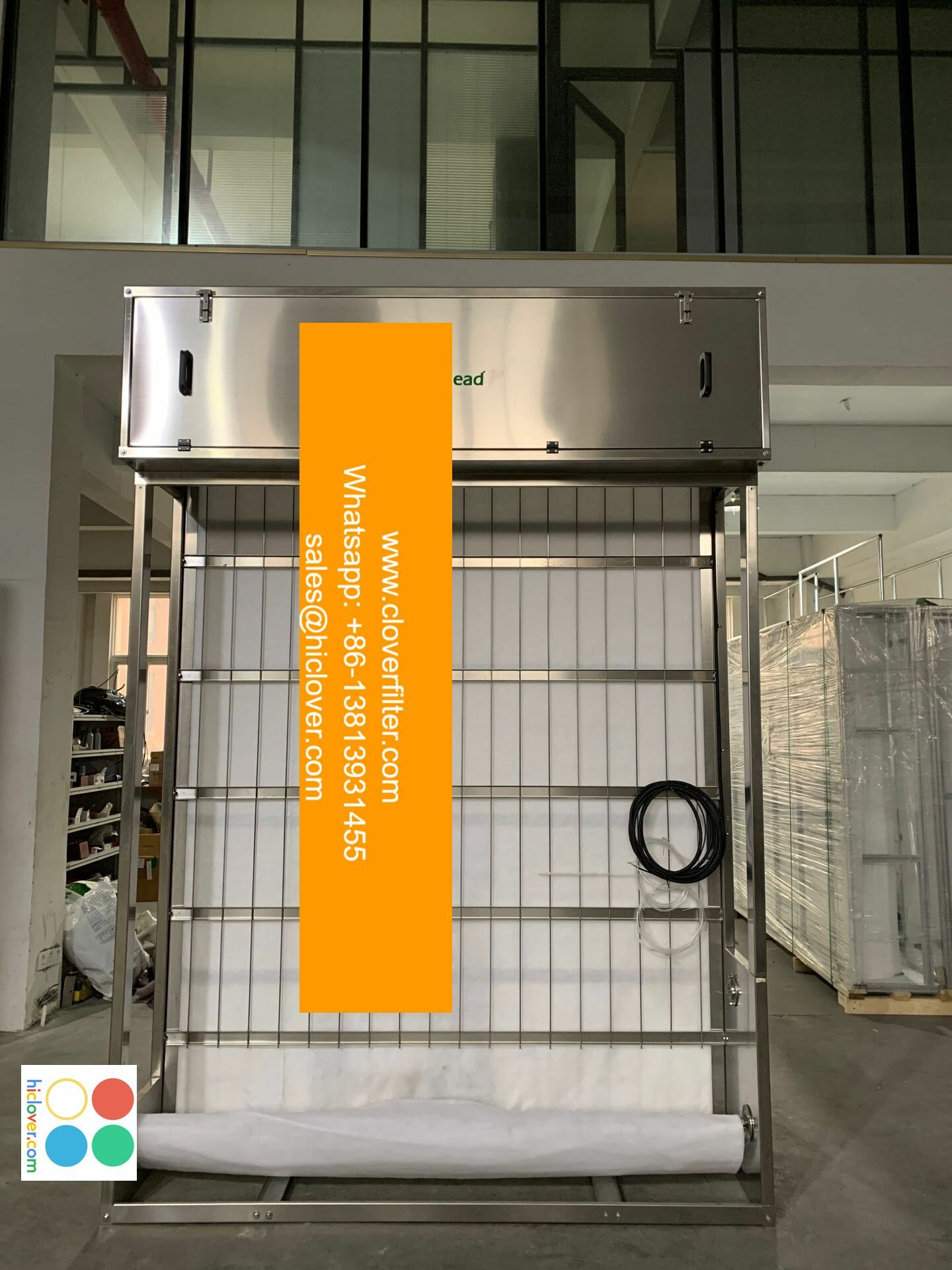The Importance of Energy-Efficient Air Filters in Schools

The Importance of Energy-Efficient Air Filters in Schools: A Breath of Fresh Air
Introduction
As schools and educational institutions, it is crucial to create a healthy and conducive environment for students to learn and grow. A significant aspect of maintaining a healthy environment is proper air quality, which plays a vital role in promoting overall well-being. Energy-efficient air filters in schools can make a huge difference in providing a safe and healthy learning space. In this article, we will explore the importance of energy-efficient air filters in schools and their various applications.
Why Energy-Efficient Air Filters Matter
Poor air quality can have numerous negative effects on students’ health, including asthma, allergic reactions, and respiratory issues. Moreover, poor air quality can lead to headaches, fatigue, and decreased productivity. Energy-efficient air filters can help eliminate airborne pollutants, allergens, and other particles, ensuring a cleaner and healthier indoor environment.
Benefits of Energy-Efficient Air Filters in Schools
Reduced Energy Consumption
Energy-efficient air filters can help reduce energy consumption by minimizing the load on HVAC systems. By filtering out particles and pollutants, these systems do not have to work as hard, resulting in lower electricity bills and a reduced carbon footprint.
Improved Indoor Air Quality
Improved indoor air quality is a significant benefit of energy-efficient air filters in schools. These filters can capture 99.97% of particles as small as 0.3 microns, including dust, pollen, and other airborne allergens.
Reduced Maintenance and Repair Costs
Energy-efficient air filters require less maintenance and repair compared to traditional filters. With fewer filter replacements and reduced airflow resistance, upfront and operational costs are minimized.
Enhanced Student Health and Productivity
By providing a healthier and more comfortable learning environment, energy-efficient air filters can enhance student health and productivity. This, in turn, can lead to improved academic performance and a better overall educational experience.
Applications of Energy-Efficient Air Filters in Schools
- Classrooms: Energy-efficient air filters are essential in classrooms, where students spend most of their time. By filtering out airborne particles and pollutants, these filters can help reduce allergy attacks and other respiratory issues.
- Common Areas and Corridors: Public areas, such as corridors, hallways, and common spaces, require energy-efficient air filters to maintain a healthy and clean environment.
- Restrooms and Locker Rooms: These areas are prone to humidity and bacteria growth, making energy-efficient air filters crucial for reducing odors and germs.
- Laboratories and Art Rooms: Specific to certain subjects, such as science and art, energy-efficient air filters can help minimize the impact of particulate matter and chemical reactions.
Conclusion
In conclusion, energy-efficient air filters are a vital component of maintaining a healthy and productive learning environment in schools. With their numerous benefits, including reduced energy consumption, improved indoor air quality, and enhanced student health and productivity, these filters are a worthwhile investment for any educational institution. By prioritizing energy-efficient air filters, schools can provide a healthier and more comfortable space for their students, staff, and faculty, ultimately contributing to a better educational experience.
Key Takeaways
- Energy-efficient air filters are essential for maintaining a healthy and productive learning environment in schools.
- These filters can reduce energy consumption, improve indoor air quality, and enhance student health and productivity.
- Various applications of energy-efficient air filters in schools include classrooms, common areas, restrooms and locker rooms, and laboratories and art rooms.
I’m here to help! What would you like to talk about or get help with? Do you have a specific question, topic, or project in mind?

